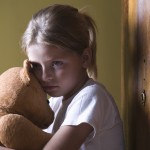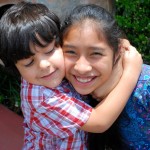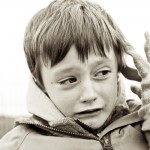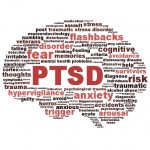Post-traumatic stress disorder (PTSD) is a psychological and physical condition that is caused by very frightening or distressing events. It occurs in up to 30% of people who experience traumatic events.
Approximately 1 in 6 children develop PTSD after trauma exposure

How many children develop Post Traumatic Stress Disorder (PTSD) after a traumatic experience such as an assault, a car crash, war or disaster? William Yule, one of the godfathers of child traumatic stress research, once pointed out that rates reported in separate studies varied from 0 to 100%. So what is on average the rate [read the full story…]















